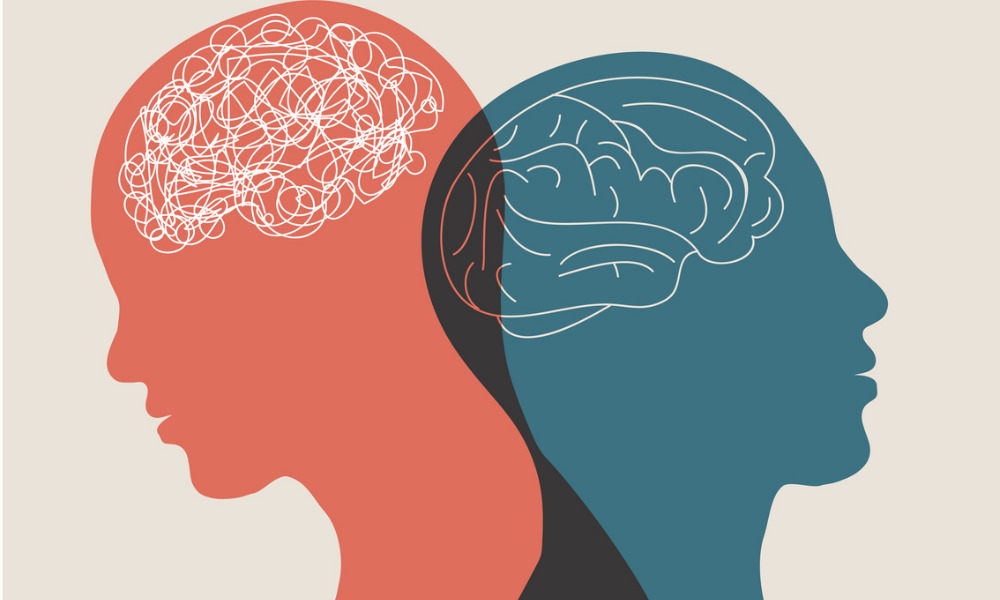
New masterclass looks at the science of happiness – and how it can help in the workplace

Canadian researcher and happiness expert Dr. Gillian Mandich is often asked if she’s happy all the time.
As much as people can try to prioritize happiness and do things to be happier — which is essential, meaningful and significant — more isn’t always better, she says.
“There’s a body of literature that’s sometimes referred to as the dark side of happiness, where people who set their goal to be happy all the time are paradoxically less happy than other people.”
One of the reasons for this paradox is that it’s impossible to be happy all the time, says Dr. Mandich, who is presenting at UKG’s exclusive virtual master class, The Science of Happiness: Evidence-based practices for Canadian employers.
“When we look at a human's healthy, psychological functioning, we need a spectrum of emotions.”
Part of my work around happiness is letting people know that they can do things to be happier, but, at the same time, being happy all the time is not the goal either, she says.
“This is an important message, especially right now, where if, we’re having a day where we’re not feeling happy…. it takes the pressure off of us a little bit. Because if we feel like we’re supposed to be happy all the time, and then we’re not, we may feel like we’re doing something wrong.”
Life is like a sheet of music, with high notes and low notes, says Dr. Mandich, and “sometimes that’s what collectively makes a beautiful life.”
Another big question people ask is how to be happy. But of course there’s no “magic pill,” she says.
“Guess what: If you want to be happy, you have to put in some work; you have to make an effort to do it,” says Dr. Mandich. “Same as if you want to be a fit and healthy individual, you have to make an effort to take care of your body, eat healthy food, move your body, and get good sleep. It takes work and effort, and happiness is the same.”
People also have to take responsibility to figure out what will make them personally happy, because it’s going to be different for everyone, she says.
“We can look at the research and say certain things are highly correlated with happiness — like gratitude, for example. Grateful people tend to be happier — but, at the same time, everybody has their unique recipe or formula for what makes them happy.”
Part of the work we have to do is figure out that recipe for ourselves, says Dr. Mandich.
While this may even sound selfish, there are benefits to making an effort to be happier.
Research out of the University of Harvard, for example, shows that a person’s happiness spreads three degrees from them, she says.
“When we are feeling happy, it affects the people that we meet, and it also affects the people they meet,” says Dr. Mandich.
“We know what it’s like to meet somebody who’s happy and in a good mood. When we leave, and we feel more energized; on the other hand, when we interact with someone who appears not to be happy, it may leave us with a negative feeling or decreased energy.
As a result, there’s much research to support this idea that focusing on our own happiness “is one of the most selfless things that we can do,” she says.
“When we put ourselves in a better frame of mind, it affects how we relate to other people. Happier people receive better evaluations from their supervisors or their customers in the workplace. They are more creative, they’re better problem solvers. They’re more altruistic, they’re more likely to volunteer or give back to their community, both in terms of time and or money,” says Dr. Mandich.
To hear more from Dr. Mandich, sign up for UKG’s virtual master class, The Science of Happiness: Evidence-based practices for Canadian employers.